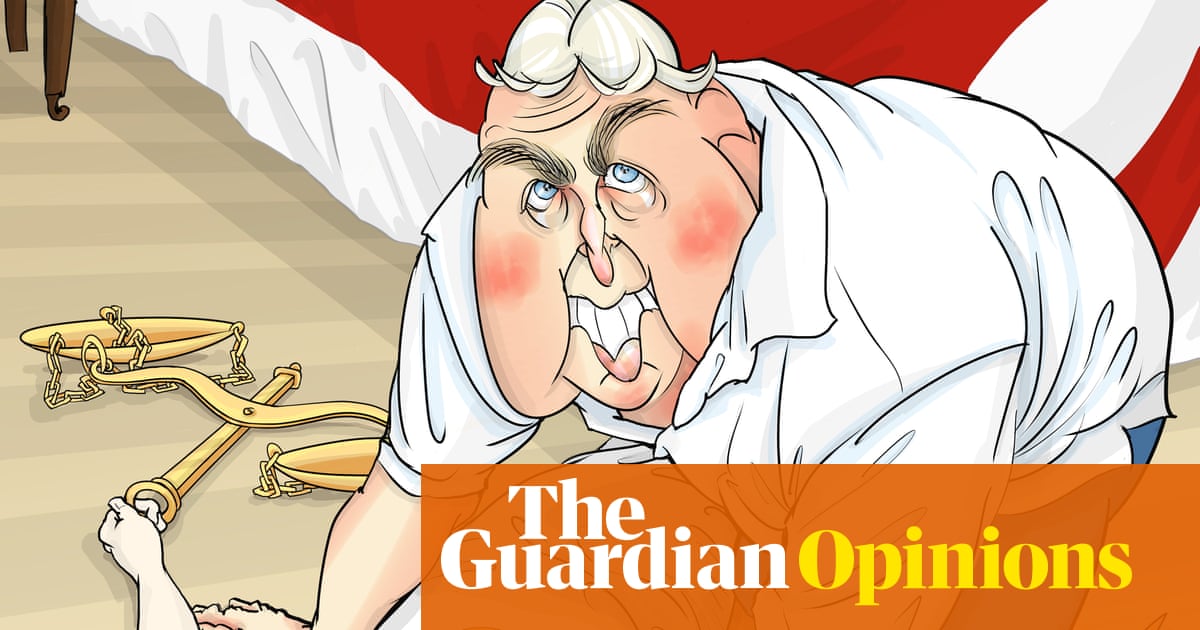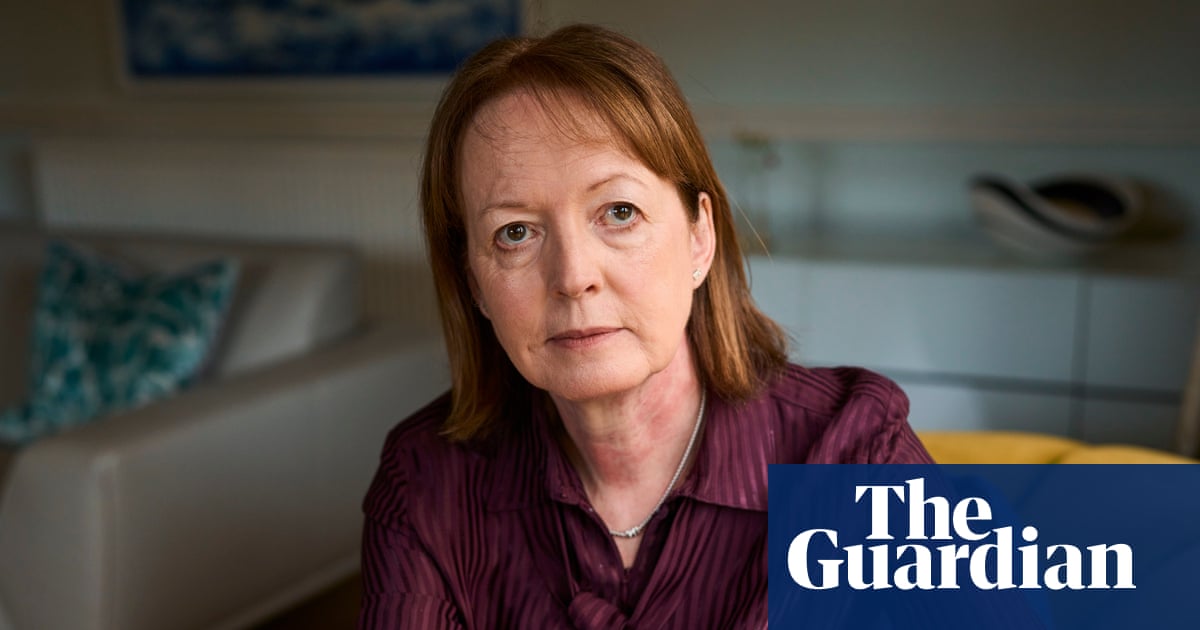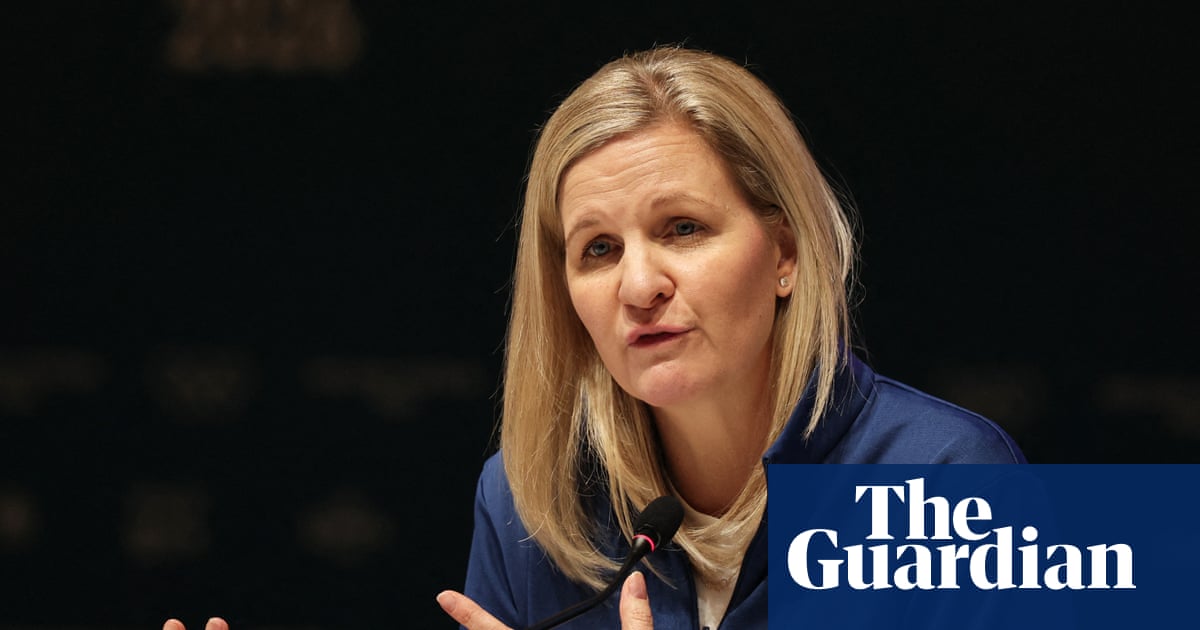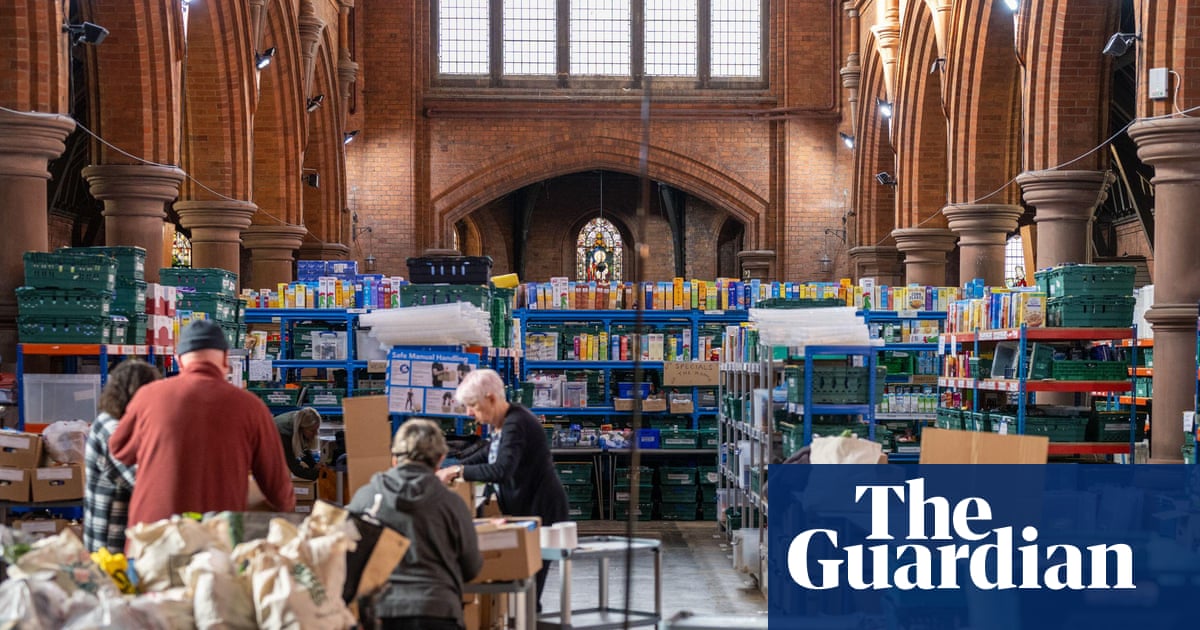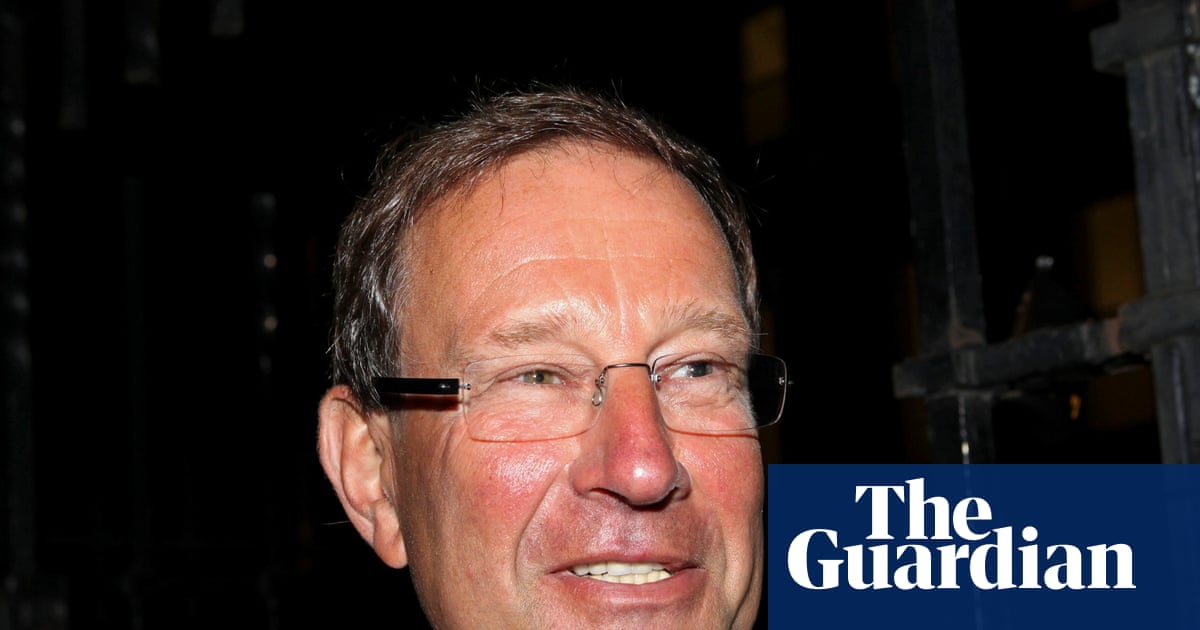Teekall and his wife are raising a family in Peckham, south London. He runs a successful business as a commercial designer with a studio just down the road, and she works in higher education. Their two boys attend the local primary school. However, the family has outgrown their one-and-a-half-bedroom flat. Although they would like to stay in Peckham, they can’t afford to.
Just around the corner from where they live, the developer Berkeley Homes is proposing to build 877 new units, on the site of the Aylesham Centre shopping complex in the heart of Peckham, claiming it is responding to the government’s commitment to build 1.5m new homes to tackle the acute housing crisis. Given the predicament Teekall finds himself in, he might be expected to welcome plans for hundreds of new homes, but the opposite is the case. “Our budget can’t reach the price of the homes in a Berkeley development. Me and my wife have good jobs and decent salaries but that wouldn’t be possible for us. It’s unrealistic to stay, which I’m really angry about,” he told me.
Thousands of local residents, the MP and Southwark council all agree that the scheme is not suitable for the area, which is one of the most ethnically and demographically diverse in the country. After Berkeley slashed the amount of affordable housing in the project from the 35% then required to just 12%, the council rejected the scheme. Undeterred, Berkeley bypassed the council and appealed directly to the government’s national planning inspectorate for a decision, circumventing the local decision-making process. A public inquiry run by the inspectorate ahead of its final decision, and which opens today (Tuesday), is seen by campaigners as a test case for the government’s ability to push forward with its planning reforms.
It is also a showcase for a debate that is often framed as between yimbys and nimbys, with yimbys in favour of developments such as Berkeley’s, which provide more housing and, they argue, bring down prices. Teekall and the campaign group Aylesham Community Action reject this characterisation, highlighting the tens of thousands of expensive luxury apartments built all over London, and in other cities such as Manchester and Bristol, that are financially out of reach for the majority of residents, fuelling rather than addressing the housing crisis and breaking up communities. Of the 12% of affordable housing planned by Berkeley, the campaign group points out that only 50 homes will be for social rent, while there are 12,333 households on the housing waiting list; and of the 800 free-market homes, the campaign group has calculated that fewer than one in 10 households in Southwark could afford to buy them.
The inquiry opens less than a week after the government announced “time-limited emergency measures” to fast-track developments through the planning process by decreasing the proportion of affordable homes developers must provide to 20%. The mayor of London, Sadiq Khan, will be handed powers to call in housing schemes of 50 homes or more where boroughs are minded to refuse permission. Khan will also be able to speed up the call-in process in certain cases without the need for a full hearing process, which means that public inquiries such as this one may not be heard in future.
The reason for these new measures is that housebuilding is at historically low levels. Higher interest rates, the fallout from Brexit – which has affected construction costs – and the slump in foreign investment mean the boom in building luxury apartments is over; in the first quarter of this year, more than a third of London boroughs recorded zero housebuilding starts. As a result, the government is doing whatever it can to get building going again.
after newsletter promotion
The government claims this is the only way to build any affordable housing. The boom of the 2010s and early 2020s tells a different story. Rather than encouraging housebuilders to build significantly more affordable housing, soaring house prices and very large returns to shareholders were the result. Exceptionally high profitability has continued even in the face of economic headwinds: Berkeley made a pre-tax profit last year of £528.9m, returned £381.5m to shareholders and is looking at a pre-tax profit of £450m next year. This leaves the campaigners feeling that Berkeley and the government are in effect telling them to take the inadequate amount of “affordable housing” on offer, or no houses will be built at all. With the inquiry taking place in the shadow of last week’s announcement to fast-track developments, residents fear they will have less and less say in how their neighbourhoods develop, or if they can remain there.
Teekall feels there is no middle ground between the demands of the developers and the needs of the community. “As two parents working full-time with two children, we are being forced to move out of an area that is our home. As a black British family as well, there are not many places we feel safe, but Peckham is one of them, and we feel worried about having to move to a less diverse area,” he said.
At the heart of the government’s pledge to build 1.5m new homes is the accompanying goal of economic growth, which the chancellor, Rachel Reeves, has put at the centre of her domestic agenda. Building expensive apartments will increase economic activity, stimulate construction and boost growth, but it won’t help people like Teekall. That is the paradox the government needs to address, not a simplistic debate between yimbys and nimbys.
-
Anna Minton is reader in architecture at the University of East London. Her new book on the housing crisis will be published by Penguin next year

 3 months ago
69
3 months ago
69








